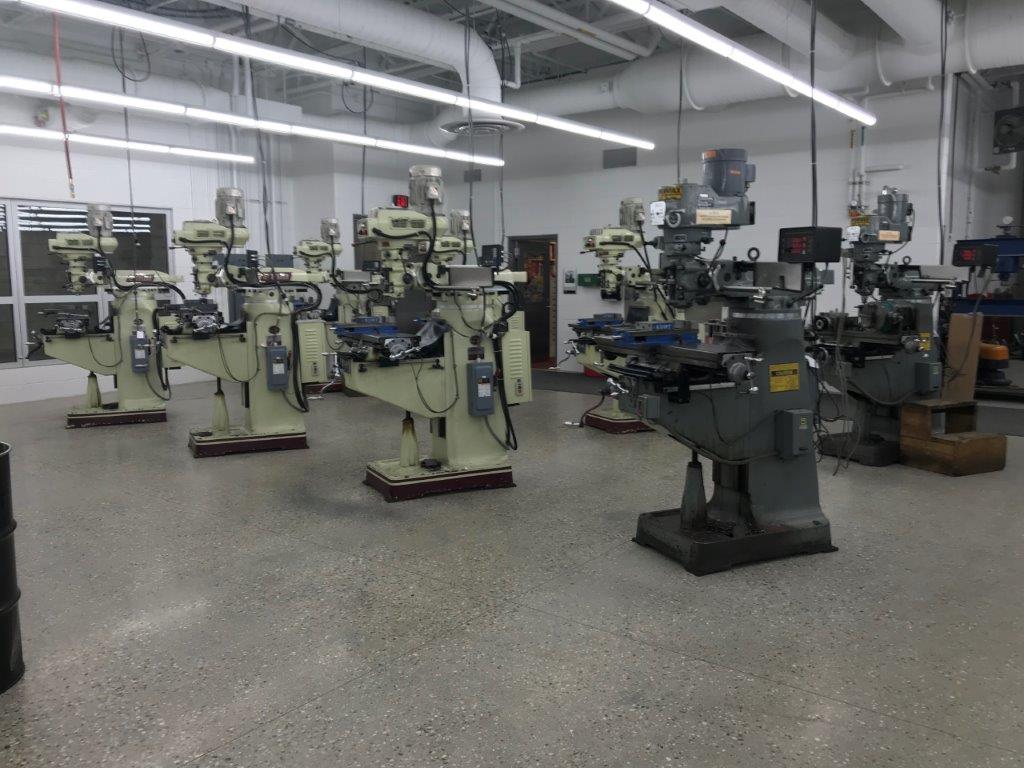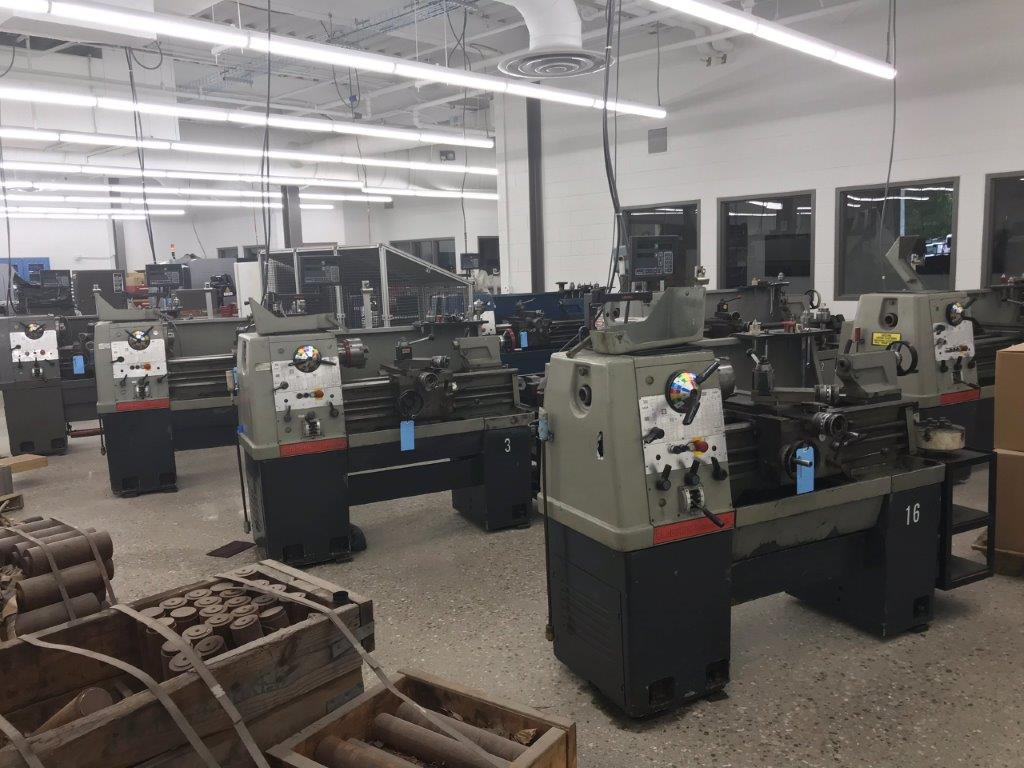Auction and liquidation sales are the most typical ways for a business to recover its assets. It’s the best way to get as much money as possible when they’re getting rid of the surplus merchandise. There comes a time when certain companies may need to recover some assets, which may be easier said than done. Although, both types of sales work well to help a company maximize the value of their idle. Here are the differences between an Auction and a Liquidation Sale.

Liquidation Sale – Liquidation Sales generally refers to the process of selling off a company’s inventory, typically at a big discount, to generate cash. Companies liquidate their assets when they decide to close their doors permanently because they cannot pay their bills or sell the business’ interest to other entities. It consists of selling corporate assets over a set period to obtain monetary values that are close to market value. Liquidation sales are similar to store closing sales because a special corporation can come to sell off the rest on the extra inventory. The main benefit of doing this type of sale is time. Liquidation Sales will give you time to conduct the sale and more time for you to find the best buyers, and more time with which to conduct their sales. Liquidation sales work more effectively on unique items as there are few buyers for the products, sellers will have time to locate buyers. Liquidation sales can last as long as eight (8) to ten (10) weeks which is one of the drawbacks of a liquidation sale.

Auction Sales – Auction sales are often the opposite of liquidation sales. In an auction sale, the land, equipment, or machinery is simply sold to the highest bidder. The bidders compete against each other, with each subsequent bid being higher than the previous bid. The entire process also tends to only take a few weeks or months, as the auction agreement, the equipment setup, and the actual auction are all organized in a very quick fashion. In auction sales, products may not go for their original value. The reason is that there is competition among bidders which determines the value of an item. Competition among bidders is what determines an item’s selling price, but there may not be enough competition to drive a price up. Marketing is also critical in auctions, as it is implementing an effective marketing strategy that can help generate a buzz that can get the interest of many prospective buyers and increase demand. Online technologies can also attract bidders from all over the world and it can drive up prices. An auction sale is considered complete when the vendor accepts the highest bid offered and the buyer pays for the goods or services and takes possession of them. Similar to Liquidation sales, Auction Sales also have some disadvantages. Assets that are sold may not be at a price that was desired or expected. There is no guarantee that your items that you’re auctioning will reach their reserve price or sell at all. Auction sales may exceed those of using an estate agent, and you’ll have to pay the auctioneer’s fees regardless of whether the property is sold or not.
Liquidation and Auction sales can work well and can be effective in restoring companies’ assets. Both can help establish maximize the value of their excess or idle products. When choosing which is the right way for your business, always consider what needs you have. With over 50 years in the metalworking machinery industry, Westbrook Engineering has the knowledge and expertise to turn your surplus and idle assets into cash quickly and painlessly. Contact us today put our three generations of expertise to work for you, or browse our upcoming auctions.